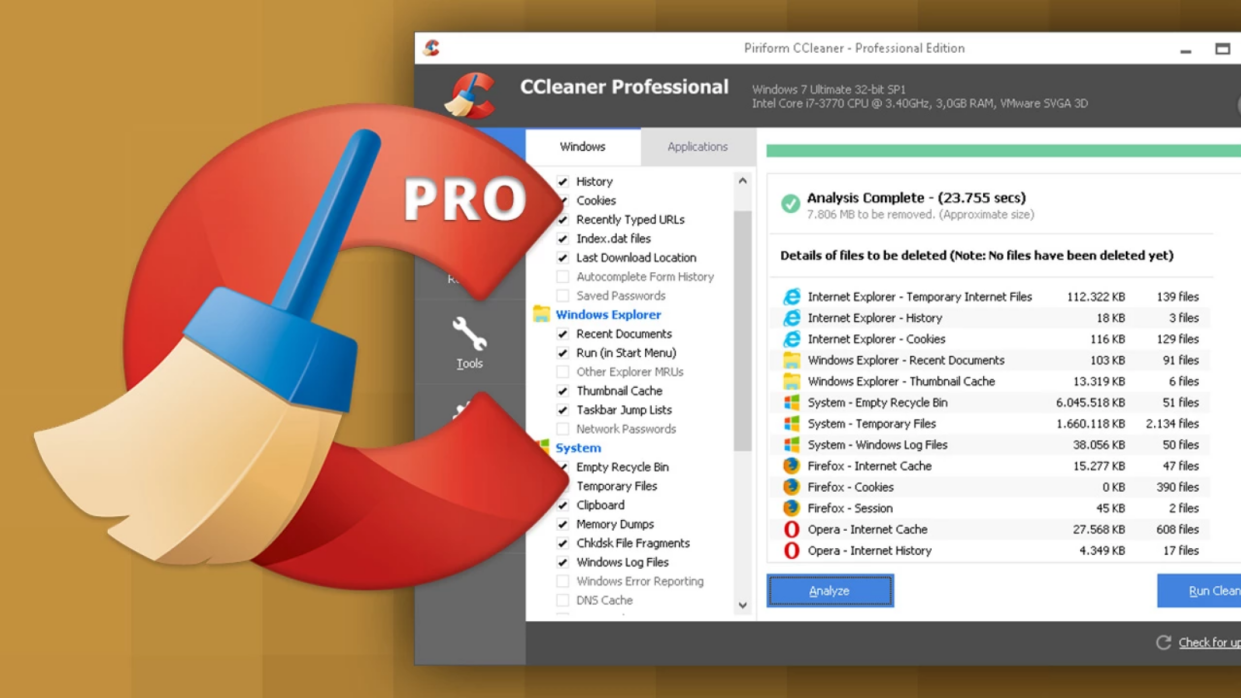Criminals ‘hid virus inside popular PC security software’ and two million are infected

Two million users who downloaded a popular PC security app thought they were helping to ‘clean up’ their PC – but instead, they were installing a virus.
Hackers broke into the system used to deliver CCleaner software – downloaded by up to five million users a week – and inserted a virus which infected victims in August.
CCleaner cleans up junk programs and advertising cookies to speed up devices – but users who downloaded in August got something extra.
MOST POPULAR ARTICLES ON YAHOO UK
Student who climbed Snowdon in his pants for charity gets hypothermia
Police reveal miraculous escape of driver who wrapped his car around lamppost
Farmer fined £100,000 for chopping down 200 trees in protest against energy firm
Stanislav Petrov, the man who prevented World War Three, dies aged 77
German submarine from World War One containing 23 bodies found off Belgian coast
A version of CCleaner downloaded in August included remote administration tools that tried to connect to several unregistered web pages, presumably to download additional unauthorised programs, security researchers at Cisco’s Talos unit said.
Users who have downloaded the software recently are urged to uninstall and reinstall it – as it won’t update by itself.

Talos researcher Craig Williams said it was a sophisticated attack – saying that the optimisation software had a proper digital certificate, which means that other computers automatically trust the program.
‘There is nothing a user could have noticed,’ said Williams.
A spokeswoman said that 2.27 million users had downloaded the August version of CCleaner.
Williams said that Talos detected the issue at an early stage, when the hackers appeared to be collecting information from infected machines, rather than forcing them to install new programs.

 Yahoo News
Yahoo News 

